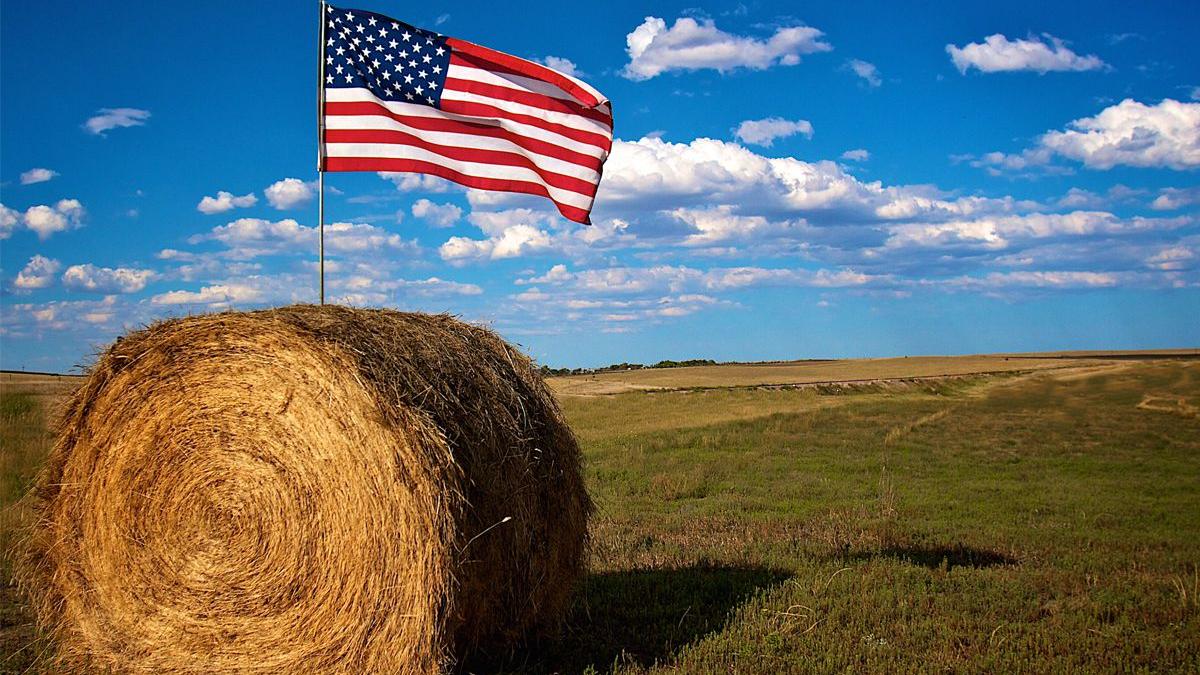CHC Chair on Rejection of Harmful Republican Farm Bill
Image

May 18, 2018
Washington, D.C. – Today, Congressional Hispanic Caucus (CHC) Chair Rep. Michelle Lujan Grisham (NM-01) released the following statement after the House voted on a bipartisan basis to defeat Republicans' partisan Farm Bill, in a 198-213 vote:
"The flawed, partisan Farm Bill should have been rejected solely because its harmful provisions would increase hunger, poverty and hardship for American families and children, while also leaving farmers and ranchers behind.
"Instead of championing policies that promote a strong agriculture sector, help Hispanic communities achieve economic security, strengthen programs that help underserved and minority farmers and ranchers succeed, and increase access to healthy, affordable food, this partisan proposal would harm millions of Hispanic families by making sweeping cuts and changes to the Supplemental Nutrition Assistance Program (SNAP) as well as other priority programs, and hurt our nation's agriculture interests."
"I call on Republicans to return to the table, abandon their strong-armed tactics to cut millions from SNAP benefits and undermine progress on a DACA solution. It is critical that Congress work on a bipartisan Farm Bill that will create economic opportunities for children and families, and fulfill our commitment to the constituents we have a duty to serve."
On Tuesday, May 15, 2018, the CHC sent a letter to Speaker Paul Ryan outlining a list of concerns with H.R. 2, the Agriculture and Nutrition Act of 2018 and urging him to oppose its passage. Those troubling provisions include:
- Drastically cutting SNAP benefits by $23 billion over ten years. More than 1 million households would see their SNAP benefits either significantly reduced or eliminated altogether, resulting in higher levels of hunger and poverty. On average, Hispanic families who participate in SNAP receive $290 in benefits each month.
- Fundamentally restructuring SNAP by adopting the SNAP's Employment and Training (E&T) programs, which is a poorly designed program that would undermine the purpose and role of SNAP. The proposal would shift funds away from food assistance.
- Leaving behind underserved and minority farmers and ranchers by not strengthening programs that provide tools and resources to successfully own, operate, and retain farms and ranches, and to equitably participate in USDA programs.
- Failing to sufficiently protect our natural resources including clean water, cuts important clean and renewable energy programs, and divests from our land-grant universities limiting research and education.
- Erecting additional barriers to participation by instituting additional work requirements or limit states' flexibility to obtain waivers for the work rules that would be burdensome to states and the Hispanic community.
- Recklessly eliminating states' options of broad-based categorical eligibility, which currently allows states to adjust income cutoffs and asset limits.
- Severing the connection between SNAP and the Low Income Home Energy Assistance Program (LIHEAP), which assists low-income families with their heating and energy costs.
###
The Congressional Hispanic Caucus (CHC), founded in December 1976, is organized as a Congressional Member organization, governed under the Rules of the U.S. House of Representatives. The CHC is dedicated to voicing and advancing, through the legislative process, issues affecting Hispanics in the United States, Puerto Rico and U.S. Territories.